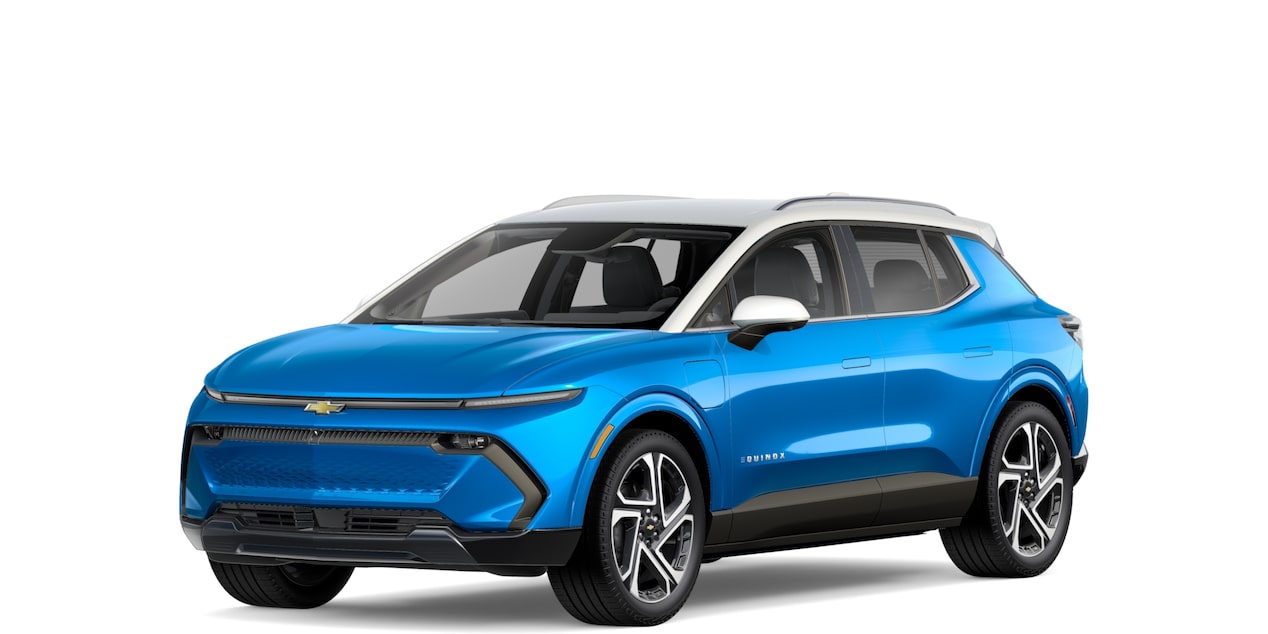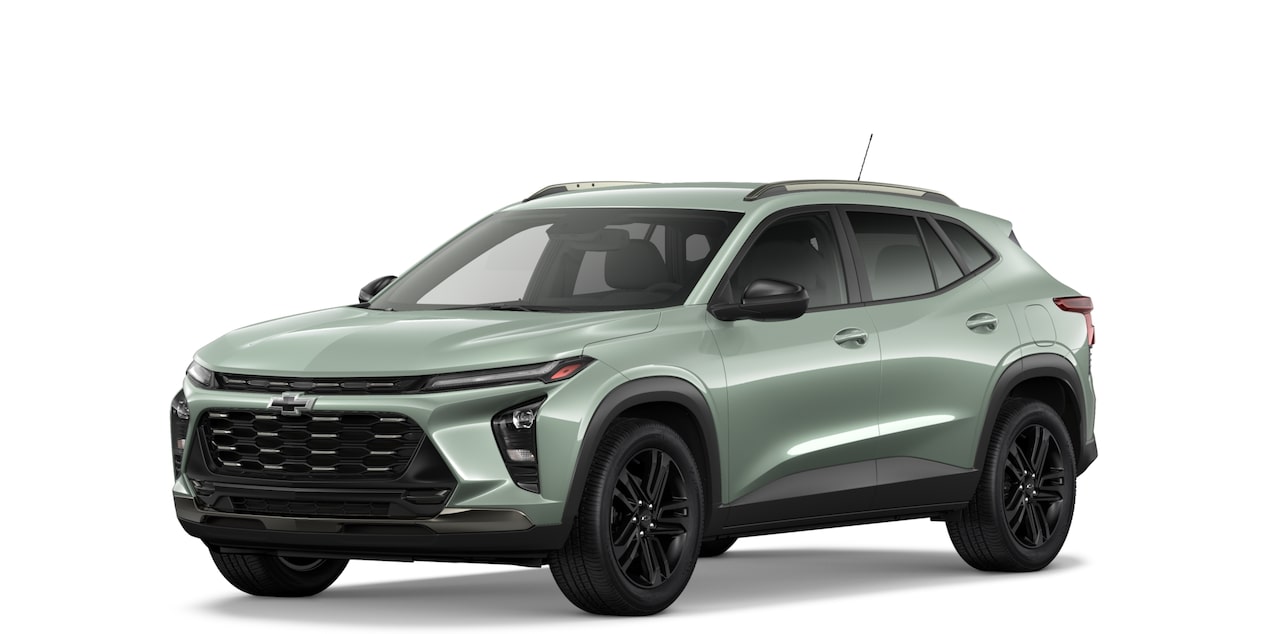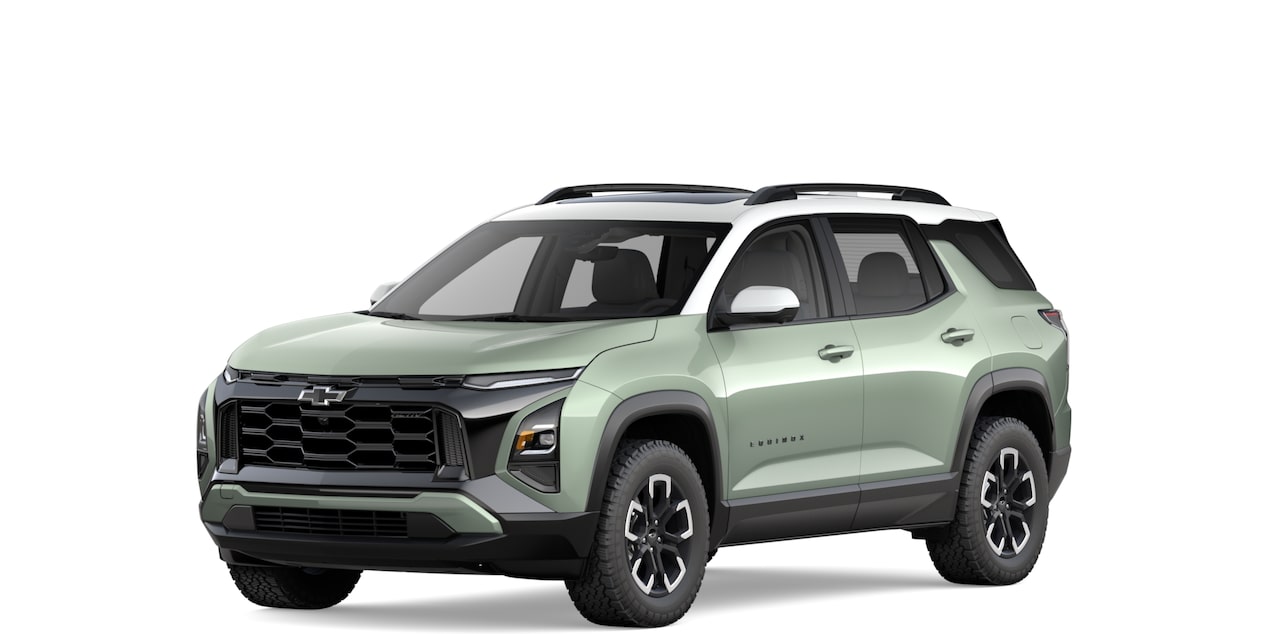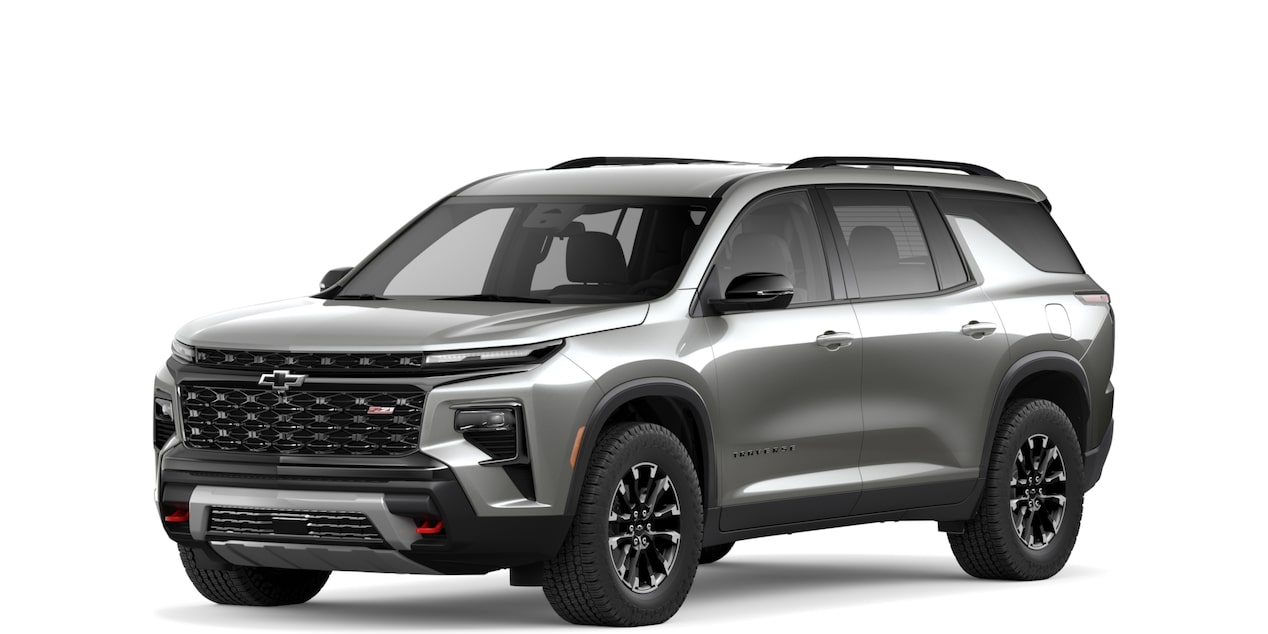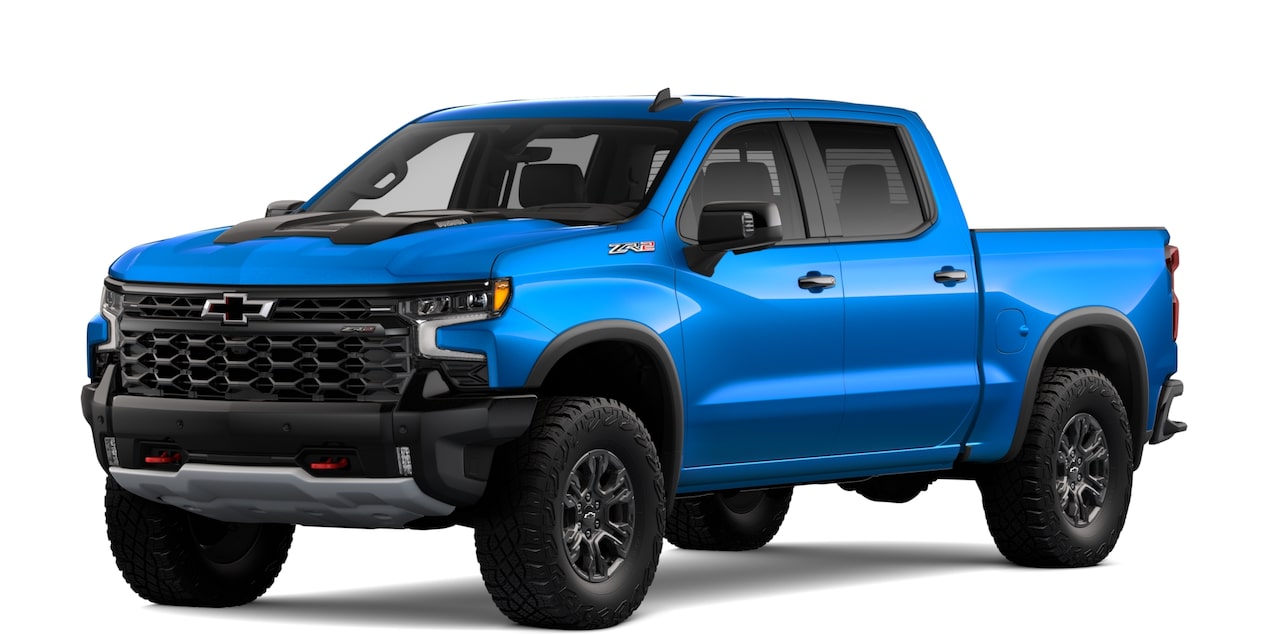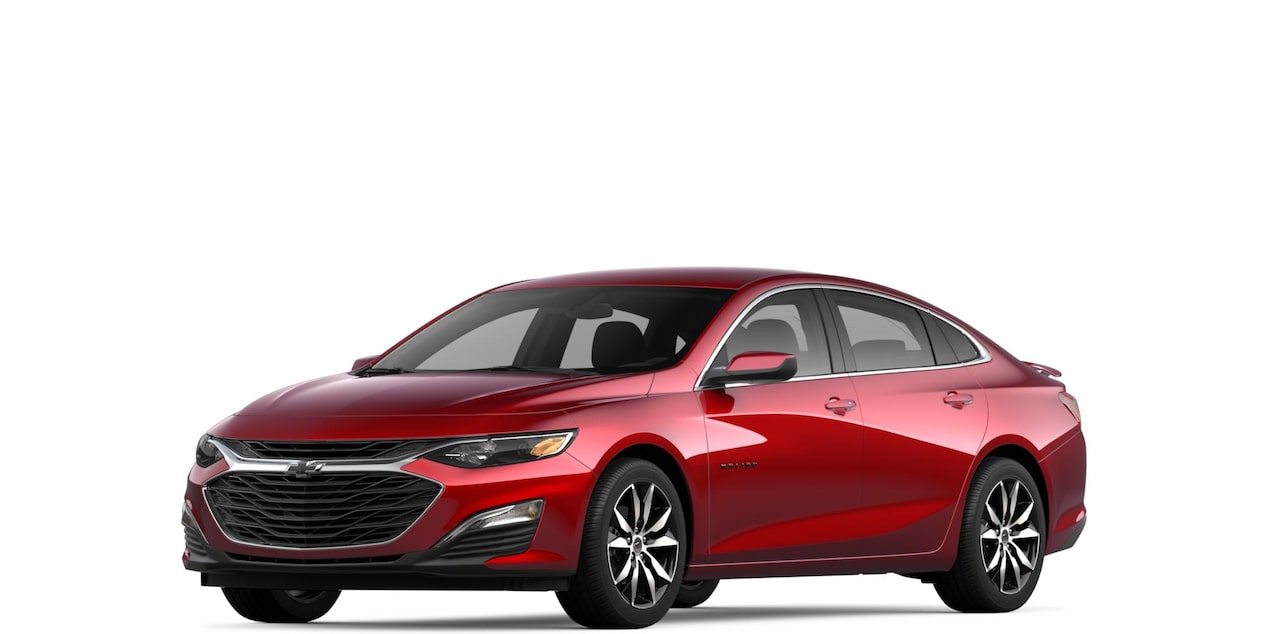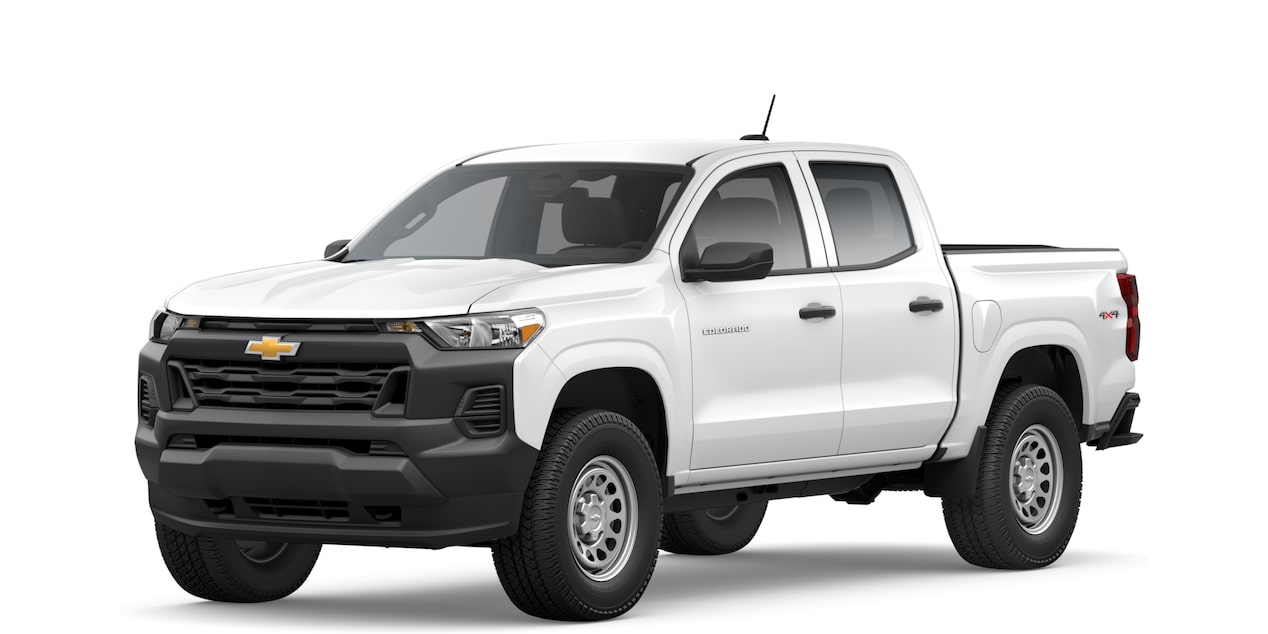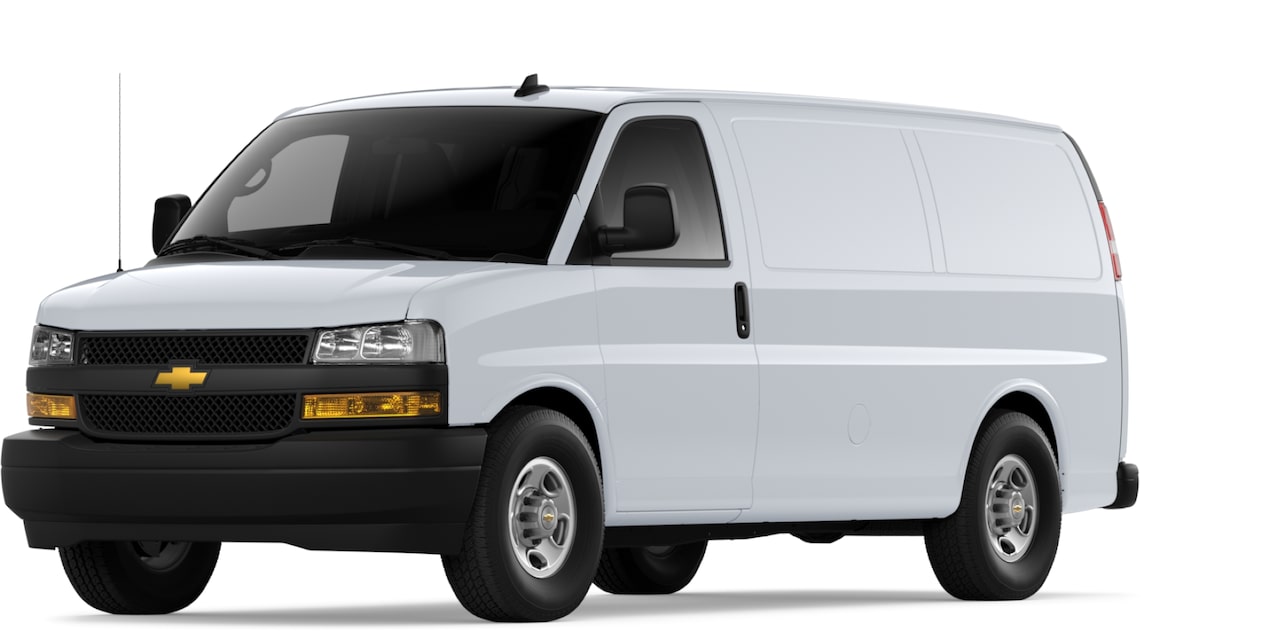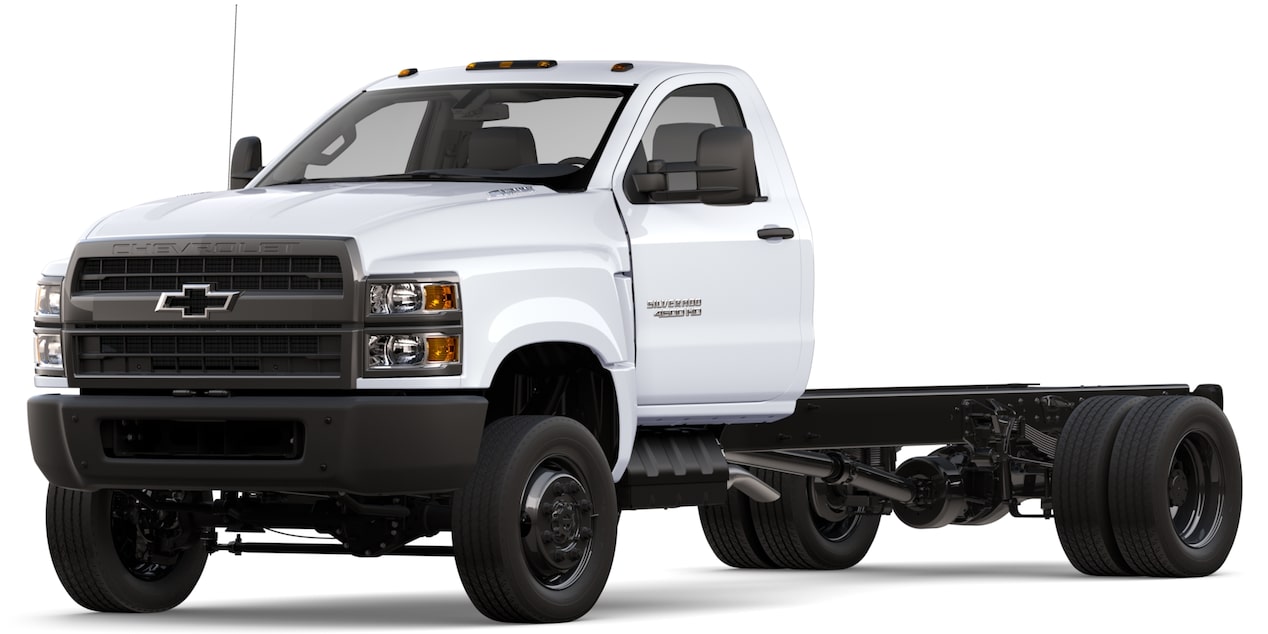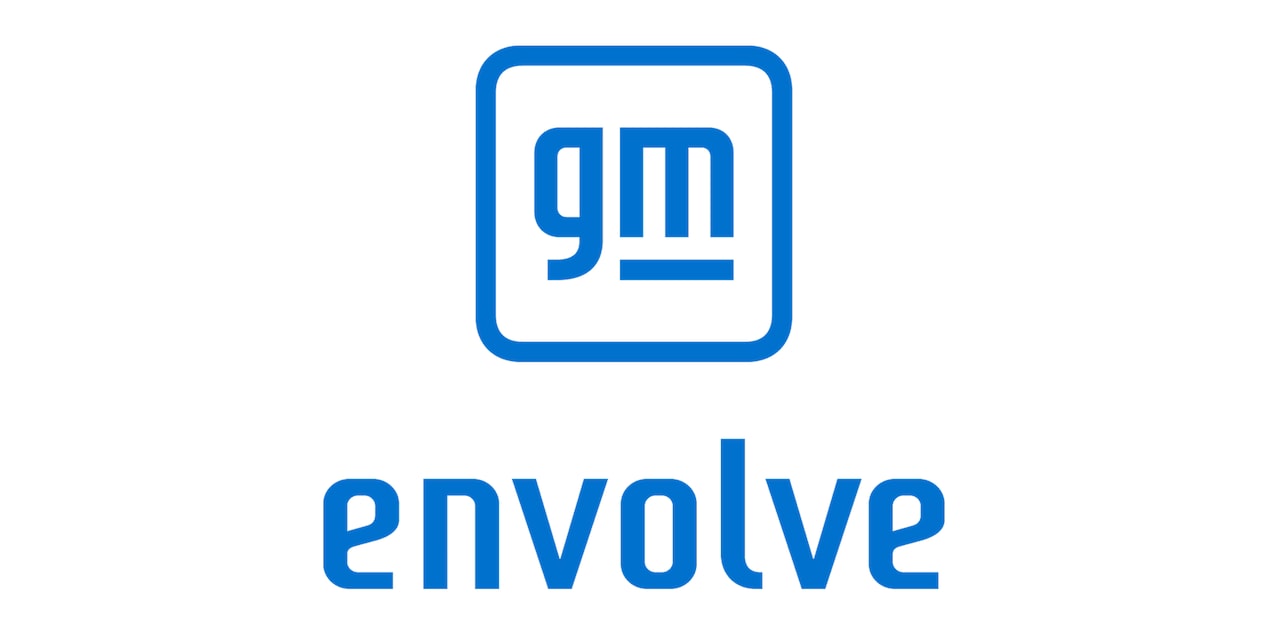
Published 3/13/24
Wallpaper Wednesday: LS376/480-powered 1967 Camaro
WORDS: THE BLOCK
PHOTOS: LUCAS PRIAMO and NATE LIGHT
Share on
Share on
Visit us at
Visit us at
While many first-generation Camaro models are badged as “RS” or “SS” on the front fenders, Troy Schindler’s reads “LS.” It’s a nod to the fact the sleek black car is a restomod build. A Chevrolet Performance LS376/480 crate engine* serves as its centerpiece.
The engine is based on the standard 6.2L LS3,* but utilizes a racing-inspired LS Hot Cam to help make 495 horsepower and 473 lb.-ft. of torque.
The engine in Schindler’s 1967 Camaro is part of a factory-matched Connect & Cruise Crate Powertrain System, with a Super Magnum six-speed manual transmission backing the power plant.
“I love the horsepower and it’s a plug-and-play setup,” Schindler says of the Connect & Cruise package. “It comes from GM already dyno’d and tuned, so it’s pretty easy. You don't have to fight with anything. I’m really happy with it. The performance is awesome.”
The car features a new chassis built by Gary Forster of Gary’s Chassis, along with many other modern and custom elements.
Schindler and his son, Camryn, hail from Great Falls, Montana, and were attending the Goodguys Speedway Motors Southwest Nationals in Scottsdale, Arizona, with the car last fall.
The Camaro known as “Black Haze” looks good on its own, but the desert mountains added a picturesque landscape when we spoke with the Schindlers. Now, a couple of our favorite shots of the car in Scottsdale are Wallpaper Wednesday downloads. High-resolution desktop and mobile images are below.
Desktop

Mobile

Be sure to keep watching The BLOCK for many more Chevrolet Performance-powered builds from events across the nation.
*Because of its effect on a vehicle’s emissions performance, this engine is intended exclusively for use in competition vehicles. This engine is designed and intended for use in vehicles operated exclusively for competition: in racing or organized competition on courses separate from public roads, streets or highways. Installation or use of this engine on a vehicle operated on public roads, streets or highways is likely to violate U.S., Canadian, and state and provincial laws and regulations related to motor vehicle emissions.

